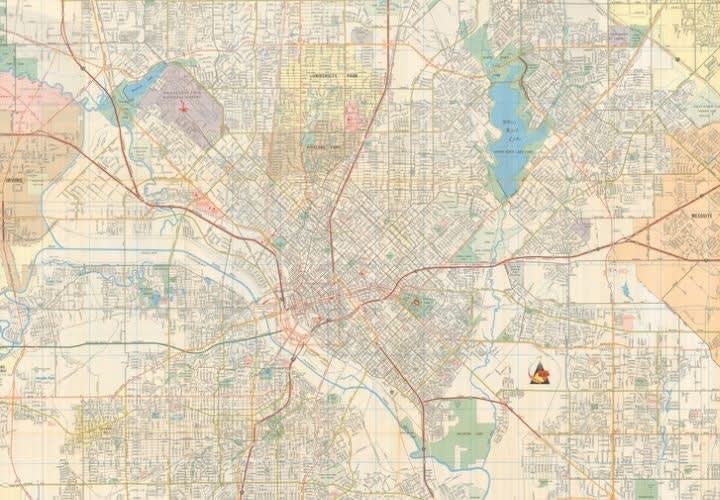Earlier this year, Baltimore announced a new hiring campaign to fill 300 police jobs with mostly city residents.
So you've been looking for a job. You'd like to apply and move there, but this place wants pre-established residency. Is this fair or even legal? Fair is who's side you're on, and yes it's legal in many areas. Why would an agency do this?
Many years ago getting hired as a cop in larger cities was a political appointment. You went to see the alderman or city councilman — back then there were no female politicians — and you "applied" for a city job. Each district had a set number of public jobs to dole out. You signed your name in a book. If your family was with the correct political party, you had been a voter and, of course, you would be forever grateful to the councilman, you just might get the job as a cop, firefighter or city worker.
This was the way it was and it's easy to see how corruption and other ills infiltrated governmental work. Under this system, here's te baseline for residency requirements — you and your family were voters; you would continue to support the politician that gave you the job; you would provide electorate security.
Even today, financial motives persist. Larger cities (especially in the Northeast) have some form of "earned income tax." Your income is reported (by your employer or via your tax return) to the locale where you live. You then pay a tax on your earned income that goes into city coffers. Why? More people are renting, and they need to shore up the tax base.
This is the thumbnail version. Now, if you're going to pay big bucks to a police officer or firefighter, it only makes sense to force them to live in the city, so you can gain more return on tax dollars. Why let the suburbs take all that tax money?
This is never the real reason for residency, according to city governments. They claim that if you live in the city you'll be a "super resident." You'll take pride in your hometown and become more involved. This was touted in the late 1980s along with community policing.
Several cities even started old cop-on-the-block programs. They offered low-interest loans, preferred pricing for cops to move into "transitional neighborhoods" to provide this 24-hour coverage they desired. One city was offering nearly free rent to officers who lived in government-subsidized housing. Both initiatives have all but faded away, and there were few if any takers. There are also city officials who will tell you that if you lived there, you'll cut response times for emergency recall. Anyway you cut it, it benefits the city.
This does benefit the Field Training Officer program (FTO) because all recruits would have more familiarity with the city's geography and culture. I can recall being an FTO in the city with a recruit from another area, there's a learning-curve advantage.
If you're applying to an agency, read the fine print. I mean the really fine print. There are some police agencies that require you to prove you've established residency for up to two years prior to submitting an application. Others require you to move into the jurisdiction within a year of your hire date. This has been challenged in many states, and it varies from state to state. In several states, you don't even have to live in that state.
Some departments have restrictions on residency for officers who live outside the city. These can usually be found in the work agreement section of the agency's rules and regulations.
Some departments with take-home vehicles may have a mileage limitation. You can't leave the county with the vehicle for insurance reasons. Others may have a mileage cap from your duty station. If you exceed that distance, you'll pay usage fees. These policies are changing by the minute with the price of gas fluctuating and agencies attempting to limit liability exposure.
If you later apply for a special unit such as SWAT, you may be required to live within a response radius of a certain number of miles for after-hours rapid response.
It's not unusual for chiefs to have contractual requirements to live in their jurisdiction as a condition of their employment. In some jurisdictions, it's a moot point; others still require it. So before you apply, decide if you really want to live in the place where you work. Review the taxes and living options.
As I have said countless times, you should fully research any job you apply for. Trust me; educate yourself so you don't put yourself in the uncomfortable position of moving or resigning.
Related:
Baltimore PD Launches Campaign to Hire City Residents












